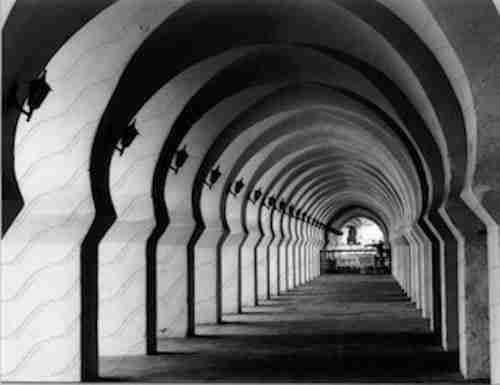Bruckner was once my least favourite composer. I thought he was boring. This is probably because his symphonies are characterised by being rather long and repetitive, but as was discussed last week, repetition is not necessarily a bad thing at all. In fact, it is that repetition again here that allows the listener to really take in every moment and subtlety of the music.
Anton Bruckner was very religious and often his music deals with religious issues such as that of transcendence and can often evoke the idea of a 'divine experience', with his incredible knowledge of chorale-style composition coming through with often breathtakingly orchestrated and arranged harmonies adding to the awe-inspiring nature of the music. However, anyone can relate to this music in some way. Try listening out for background repetition in this piece. People who meditate often use something repetitive in the background to focus on and ground them (almost as was discussed last week with a type of repetition used in the Sibelius) and this type of thing can be heard in the music. To take in the larger scale of a piece like this, I like to try and focus on each individual note or chord, and then I happen to find myself more able to appreciate the whole structures of melody, movements, and even the entire emotional journey of the piece. I have no idea how this works, but it would seem that being mindful of the component parts of this music leads to a much more in-depth appreciation of the piece, even regarding structures you aren't primarily focused on.
As well as this, I would recommend (if you have time) giving this more than one listen (see my article on Rachmaninov's 3rd Symphony for reasons why pieces may be worth a second listen) as once you've appreciated the detail of the piece and experienced the directions it is travelling in, listening to it again with a knowledge of what is about to happen and a familiarity of melody seems to add a further level of depth to the music.
I hope, like me, Bruckner can begin to appeal to you (if he doesn't already) - his music has, to me, quite a different but equally profound effect compared to other composers of his era.
See you next week for a very special birthday celebration...

Comments
Post a Comment